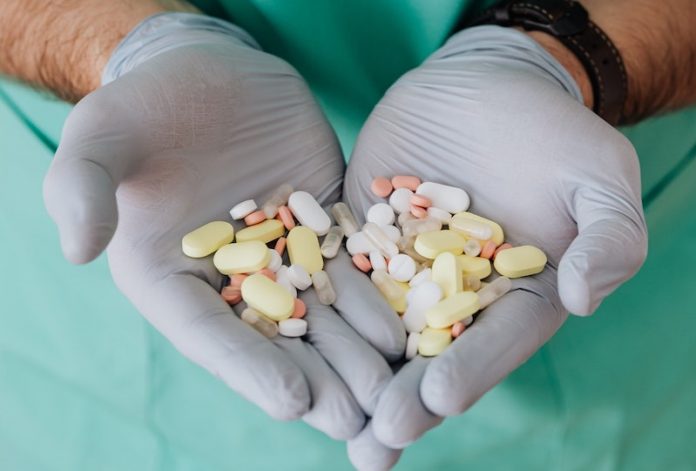
In a new study from Wellcome Sanger Institute, researchers have created the world’s largest novel resource using systematic drug testing and genetics analyses to show new potential drug combinations for breast, colon, and pancreatic cancer.
New analysis has highlighted multiple drug combinations that could be effective therapies for some types of hard-to-treat cancers.
The research tested combinations of cancer drugs that are already used to treat patients. Scientists then created the world’s largest resource that shows possible effective combinations for further study.
The paper also linked biomarkers that could be used to identify patients that would benefit from the newly highlighted combinations to ensure that they are used in the most effective way.
This freely available resource starts to define how combinations of cancer drugs in specific molecular backgrounds work together, with the aims of avoiding resistance, minimizing toxic side effects, and finding new treatments for some of the hardest to treat cancers.
The researchers hope that other scientists can use this resource to aid the future clinical development of combination therapies.
Combinations of drugs are used to treat a variety of different diseases, including HIV and some types of cancer.
There are hundreds of thousands of possible drug combinations and we don’t know which ones will be effective.
Testing all of these in patients is neither ethical nor practical until there is more evidence identifying either their effectiveness or the patient groups that would benefit the most.
In addition to this, our ability to predict effective drug combinations in different tissue types and molecular backgrounds of cancer is limited.
In the study, the researchers focused on analyzing already clinically relevant drugs.
They can also use the molecular information to identify biomarkers that could pinpoint patient groups that would benefit from the treatment combinations.
The researchers verified a drug combination in mice using colon cancer cells with a specific double mutation.
This combined a drug already used for colon cancer with another one that is in clinical development.
The combination halted tumor growth in mice, showing the benefit of combining drugs that are in clinical development with existing chemotherapies.
Many drugs are safe but do not show clinical efficacy on their own. This analysis can help show how these drugs could be combined to have greater efficacy and which group of patients would potentially benefit, accelerating the development of new therapies.
If you care about cancer risk, please read studies about daily food directly linked to cancer risk, and daily beverage that may lower prostate cancer risk.
For more information about cancer risk, please see recent studies about common vegetable that may help lower your cancer risk, and results showing that Omega-3 supplement may increase your cancer risk a little bit.
The study is published in Nature and was conducted by Jesse S. Boehm et al.
Copyright © 2022 Knowridge Science Report. All rights reserved.



